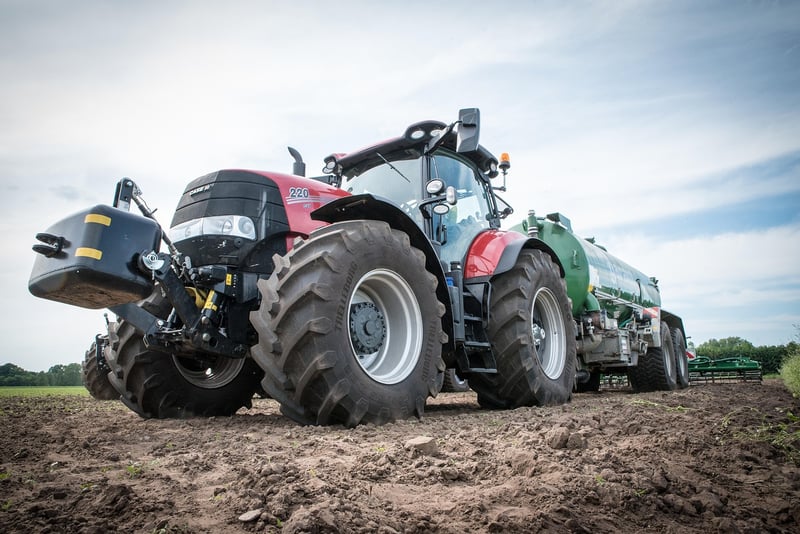Fertilization Methods
Guides for Healthy Plants + Fertilization Methods
Tips for Maintaining Healthy Plants
Having healthy plants not only adds beauty to your surroundings but also contributes to a better environment. Here are some essential tips to help you maintain healthy plants:
- Choose the right plant for the right place based on sunlight, water, and temperature requirements.
- Water your plants properly, ensuring they are neither overwatered nor underwatered.
- Regularly prune your plants to remove dead or diseased parts and promote new growth.
- Monitor for pests and diseases, and take appropriate measures to control them.
- Provide adequate nutrients to your plants through fertilization.
- Rotate your plants to ensure they receive uniform sunlight and air circulation.
Fertilization Methods
Proper fertilization is crucial for the healthy growth of plants. Here are some common fertilization methods you can use:
- Organic Fertilizers: These are derived from natural sources such as compost, manure, and bone meal. They improve soil structure and provide a slow release of nutrients.
- Inorganic Fertilizers: These are synthetic fertilizers that provide immediate nutrients to plants. They are usually water-soluble and offer a quick boost to plant growth.
- Foliar Feeding: This method involves applying liquid fertilizer directly to the leaves of plants. It allows for quick nutrient absorption and is useful for correcting specific nutrient deficiencies.
- Slow-Release Fertilizers: These fertilizers release nutrients gradually over an extended period, providing a steady supply of nutrients to plants.
- Compost Tea: Compost tea is a liquid fertilizer made by steeping compost in water. It is rich in beneficial microorganisms and nutrients that can improve soil health.
Conclusion
By following these guides for healthy plants and utilizing appropriate fertilization methods, you can ensure that your plants thrive and flourish. Remember to tailor your care techniques to the specific needs of each plant species to achieve optimal growth and beauty in your garden or indoor space.

For more detailed information on plant care and fertilization, you can refer to resources provided by reputable gardening websites or consult with local horticulturists for personalized advice.
